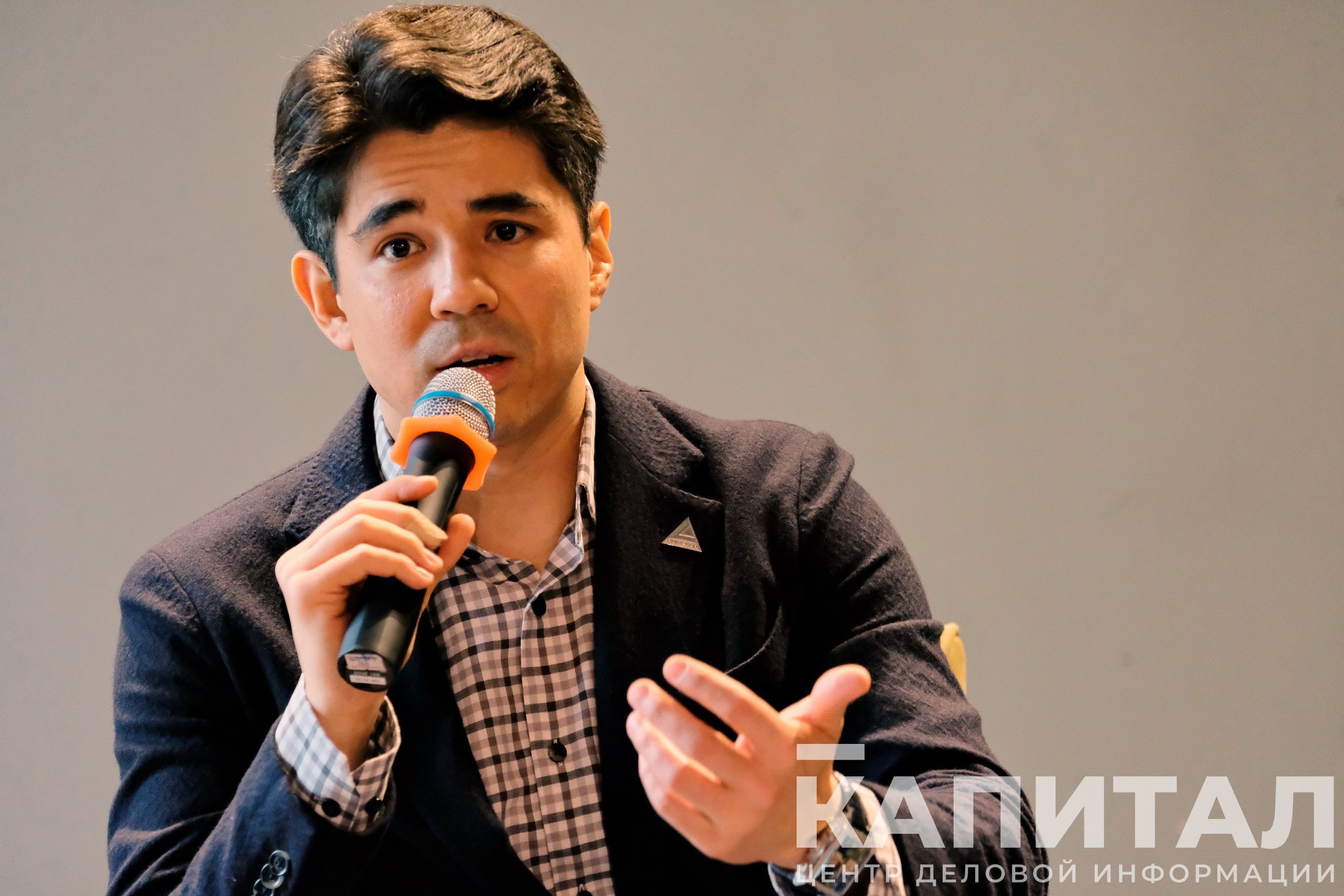
By the end of the first half of 2021, the share of loans overdue by more than 90 days in Kazakhstan's banking market will not exceed 8.3%. This is the opinion of Nurbank Chairman Eldar Sarsenov, reports the correspondent of the business information center Kapital.kz.
"We have already endured the biggest shock. Currently, the share of problem loans in our bank does not exceed 8.6%. If there are no additional shocks in the economy, the share of bad loans in Nurbank by the end of the first half of 2021 will not exceed 6.8%. According to the pessimistic forecast, the share of such loans may reach up to 10%. This is the maximum level for the share of toxic loans set by the financial regulator," noted Eldar Sarsenov.
The chairman of Nurbank explained why the financial institution received a loss of 48.4 billion tenge in 2020. At the beginning of last year, the financial institution underwent an asset quality review (AQR), following which the regulator recommended the bank to implement several measures. In the spring of 2020, the bank issued subordinated bonds totaling 46.8 billion tenge with a maturity of 15 years. The proceeds were directed by Nurbank towards lending and supporting the real sector of the economy. In May, the financial institution completed an additional capitalization of 20 billion tenge.
"These measures allowed us to fulfill all obligations based on the AQR results and to create additional provisions formed from profit as a safety cushion for covering potential losses from problem loans. This affected the financial result (the loss is the amount of provisions created). It should be understood that the 48.4 billion tenge loss by the end of 2020 was forecasted by us. This loss is a natural consequence of creating a significant volume of provisions," explained Eldar Sarsenov.
Nurbank plans to close 2021 with a profit and further intends to focus on lending to small and medium-sized businesses. "Currently, this segment accounts for 24% of our loan portfolio, 18% is occupied by retail business, and the rest is large businesses," noted Eldar Sarsenov.
He added that in 2020 the bank did not reduce staff or the salary fund. "Not a single person was released from their position. Due to the pandemic, we had to send our employees to work remotely. At the same time, we paid salaries in full," the banker noted.
At the press conference, he also commented on the statement of National Bank Chairman Yerbolat Dossayev that the NBK will focus on creating market conditions for lending to the economy.
"It is challenging to endlessly subsidize loans," noted Eldar Sarsenov. On the other hand, commercial banks "form the price of loans through the margin and the cost of funds they attract." "No bank will lend below the cost of the loan. Currently, average deposit rates for individuals are 11-12%. They are mainly formed based on the National Bank's base rate, which is now 9%. The cost of loans cannot be below the rate at which deposits are attracted. Considering the current circumstances, banks will not be able to issue market loans at 6-8% per annum. It is within this corridor that interest rates on government program loans currently fall," said Eldar Sarsenov.
According to the banker, if the National Bank exits government programs, "market loans will become several times more expensive than loans within the framework of government programs."
The National Bank's withdrawal from government programs will help save state funds in the short term, but the situation with SMEs may worsen in the future. "SMEs are the backbone of Kazakhstan's economy. Businesses pay taxes and attract people to work. If this segment has difficulties in attracting loan funds, it needs help," noted Eldar Sarsenov.
Recall, earlier National Bank Chairman Yerbolat Dossayev stated that the NBK
intends to focus on creating market conditions for lending to the economy.
"In 2021, the main efforts will be directed at developing the necessary conditions for the development of market principles for lending to the economy, taking into account the gradual exit of the National Bank from state economic support programs starting from 2023," noted Yerbolat Dossayev during the extended government meeting on February 2.
The National Bank participates in the financing of anti-crisis programs "Economy of Simple Things", concessional lending to business entities, and the "Employment Roadmap-2020". The National Bank funded anti-crisis measures totaling 2.3 trillion tenge, which accounts for over 50% of the total anti-crisis package.
At the government meeting, Yerbolat Dossayev reported that loans to the economy increased by 5.5% in 2020, to 14.6 trillion tenge due to the growth of long-term loans. "As monetary conditions ease and due to economic support programs, the cost of credit resources to the real economy sector decreases to 11.4% compared to 12.1% in December 2019," he noted.